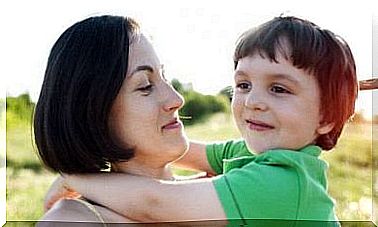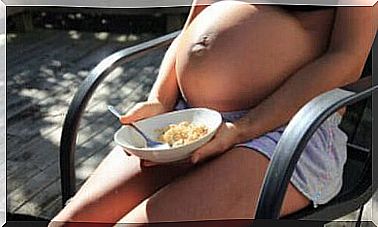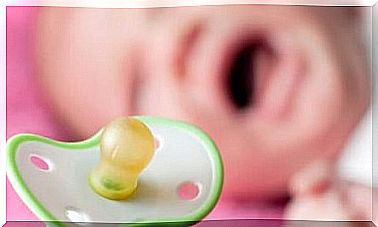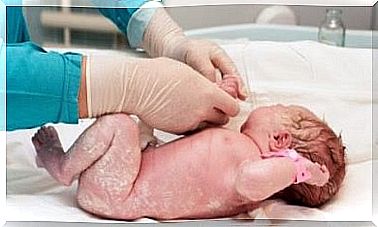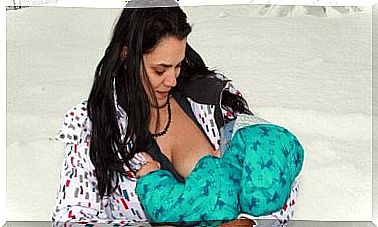What Affects Language Development?
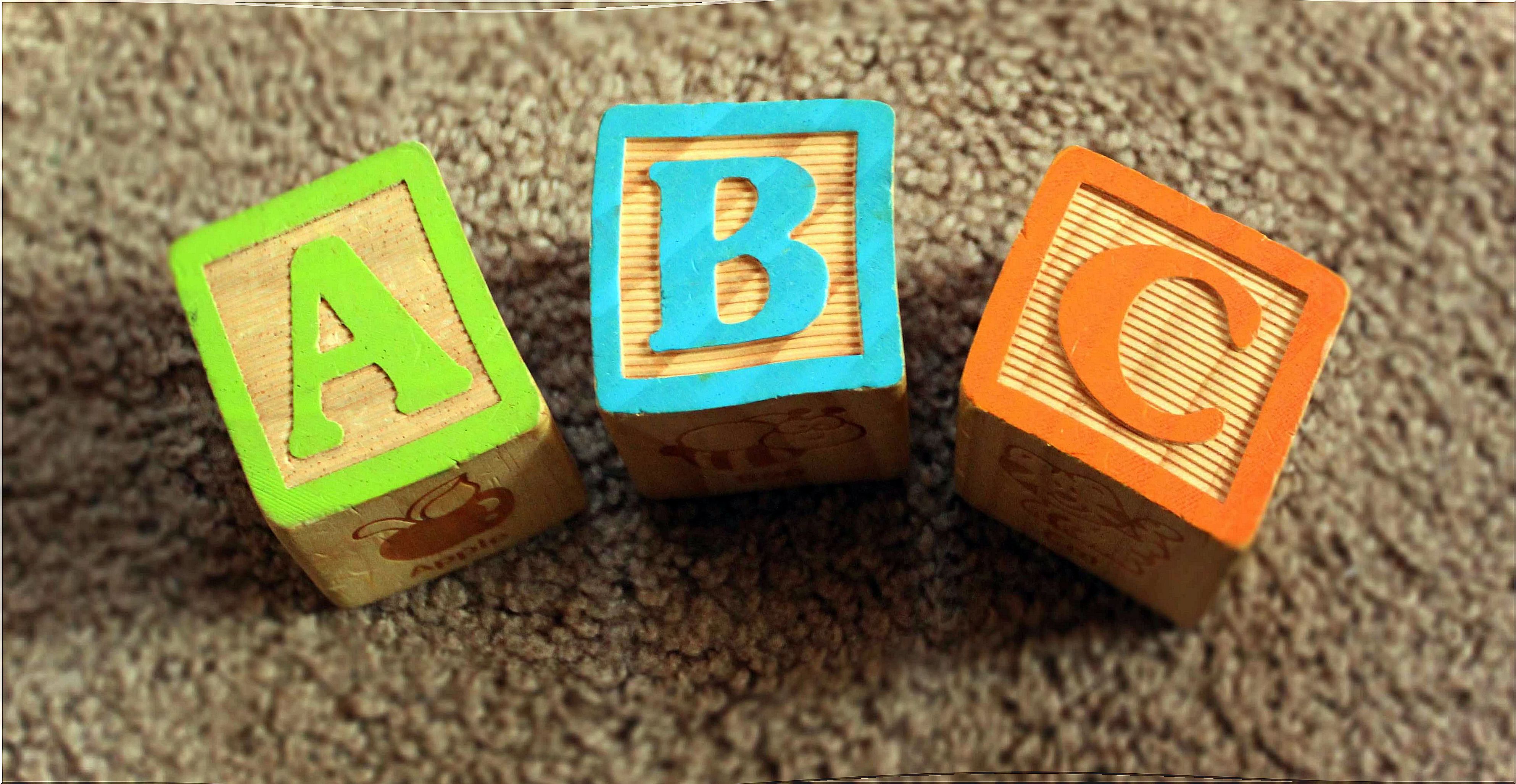
A study was conducted to take into account the factors that affect language development. It was published by Judith Johnson, PhD from the University of British Columbia (Canada) and entitled: “Factors that affect language development” or “Factors that affect language development”.
In the study, the doctor confirms that learning to speak is one of the most important milestones in early childhood.
Johnston also pointed out that language development reflects the interplay between at least five factors: social, perceptual, cognitive, conceptual and linguistic treatment.
In addition to her contribution, there is a lot of research that confirms that learning and language development are actually affected by many aspects.
For its part, the Spanish Pediatric Association says that there are four factors that have a decisive influence on language development.
- Genetic inheritance
- Family and local environment
- Social environment and external factors
- School education
Aspects that affect language development
Children learn to speak progressively. However, there are certain ages where they will be able to achieve certain milestones, for example:
- When the child is an infant, it is normal for him or her to be frightened by noise and try to find out where the sound is coming from. This is due to stimulation of hearing. Therefore, the ear is a fundamental aspect when it comes to language development. A baby for nine months is already laughing and learning how to say pa-pa, ma-ma and how to put together other simple sounds. Their speech increases between the 12th and 15th month when the baby has acquired the ability to imitate certain sounds and words. At this age, they will be able to understand simple commands.
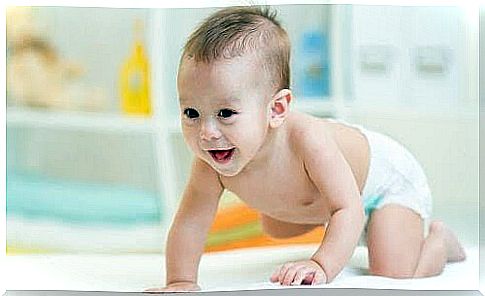
- From the 18th to the 24th month, the child has a vocabulary that varies between 20 and 50 words. Experts in the field say that children from 2 to 3 years should already be able to put together sentences that are three to five words long. They should also understand what is being said to them. After 2 years of age, they begin to combine words and they will be able to point to parts of their bodies and things in their environment. They will also be able to follow two-step instructions such as: “Pick up the toy and give it to me.”
By this time, the child already understands concepts such as what it means to be above or below the table, for example. They also understand certain verbs and most of the things their parents say.
When should you worry?
All children develop at their own pace, but there are certain parameters to keep in mind.
If your child under the age of 1 does not respond to sounds or words, you should discuss this with the child care center. The same applies if they do not use gestures, point with their fingers or wave goodbye when they turn 12 months.
Another aspect to consider is whether the child at 18 months of age prefers to use gestures instead of talking. It can be worrying when a child is not producing sound.
If your child is 2 years old and cannot say words, phrases or if he does not repeat sounds or use language to communicate, you should discuss this with the child care center.
You should consult a specialist if your 18-month-old child has difficulty understanding simple commands. The Child Welfare Center offers a communication assessment at 18 months which will help identify any problems.
In summary, a 1-year-old should start using expressions with one word, a 2-year-old should be able to speak in two-word sentences. A 3-year-old should be able to make himself understood at home and a 4-year-old should be able to be understood by people outside the family as well. If you notice any problems here, bring it up with BVC.
In Sweden, the language is tested at routine checks, at 18 months, 2.5 years, 4 years and 5.5 years, at BVC. The methods vary depending on the county council and sometimes lack of resources. As a parent, it is therefore important to be observant and also ask what tests they use. These tests are far from perfect but have led us today to detect and treat language disorders much earlier than we did a few decades ago.
If the problem is discovered in time, it can prevent any complications later in life.
How can you promote language development?
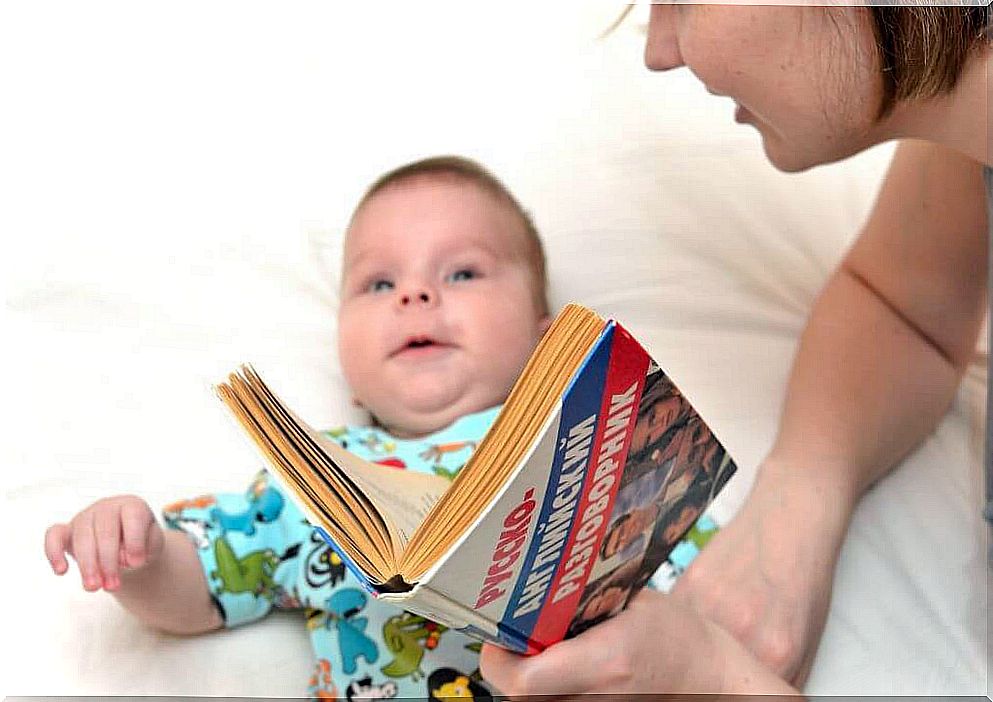
The environment in which your child grows up is crucial for their language development. Therefore, they should be stimulated from birth in a positive way so that they can learn to express themselves properly and fluently.
It is important to spend time communicating with the child. Even when they are young, you can read fairy tales, sing songs and play games and play games to help them acquire language tools.
Proper language use is also important. This means good articulation and correct use of a varied vocabulary.
Talking to your child in a simple, direct and slow way is another way to help her language development. This is helpful because she will be able to imitate what she hears.

